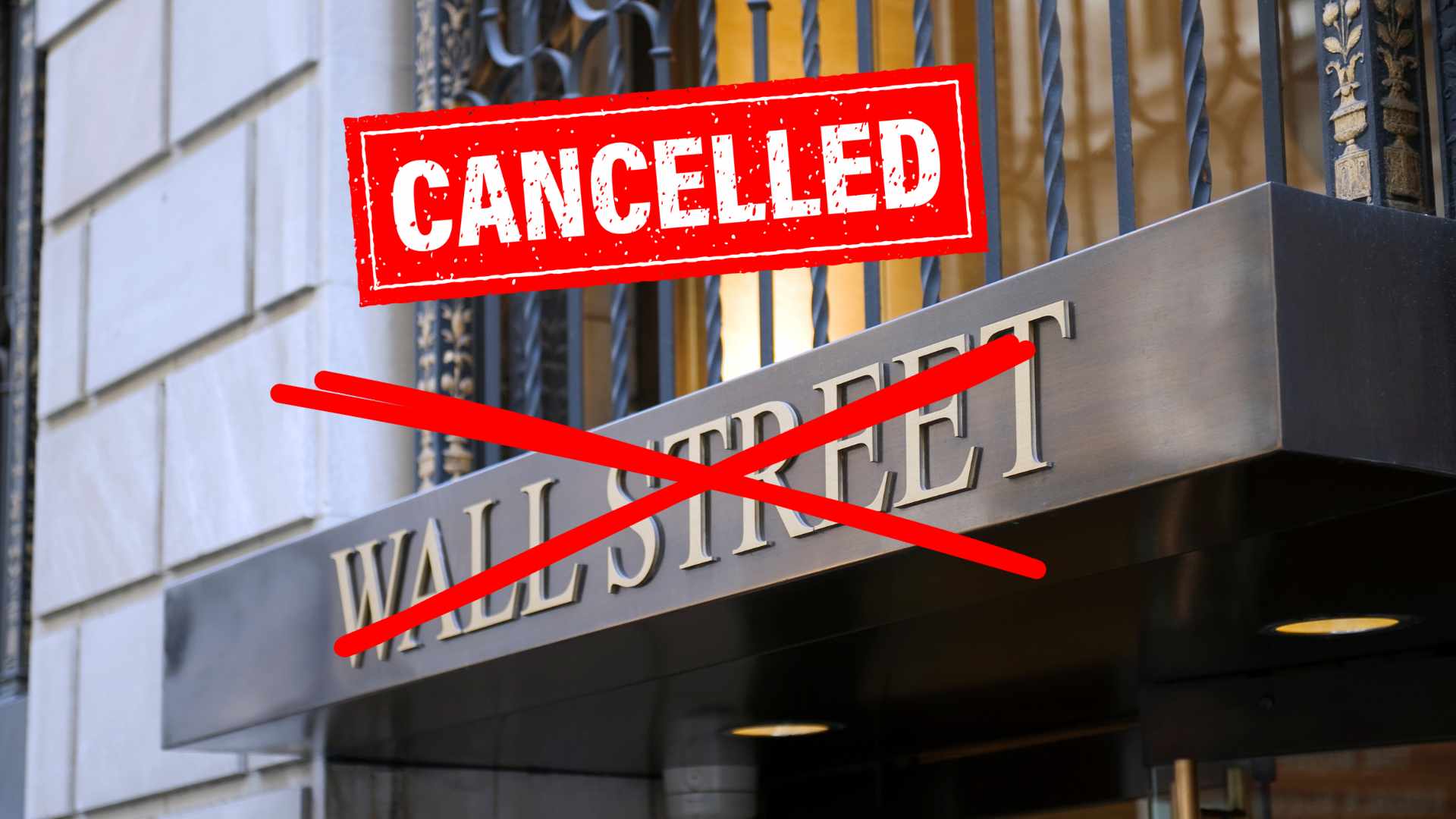406: Wealth Without Wall Street

Podcast: Download
When I first started podcasting a decade ago, I was very anti-Wall Street. But what does that even mean? I guess I hadn’t really contemplated that.
My show started not long after the financial meltdown of 2008-2009. For many of us, the greed that was unveiled during that period was eye-opening as we saw major institutions fold losing ordinary people their life savings yet the architects of the disaster floated out of harm’s way with golden parachutes worth 100s of millions of dollars.
That, to me, was Wall Street and I wanted nothing to do with it. Actually, to be honest, I didn’t have anything to do with it anyway. I had just finished surgical training and didn’t have any money to lose.
But…It did emphasize a concept to me that I grew up with anyway. As the son of a scrappy immigrant slumlord, I knew that there was a different way of creating financial success than simply handing it over to wealth managers that were part of the traditional financial “Wall Street” paradigm.
These days I think I’m a lot more level-headed in my views. I don’t see traditional public equity markets as empirically evil. I am also acutely aware that investing outside of Wall Street has its pitfalls too. You can and will lose money investing outside of Wall Street as well. And while you may avoid the greedy CEOs responsible for the mortgage meltdown in 2008, you also have to avoid the charlatans that inhabit the wild west that is private investing.
What do I mean by that? Well, the economy did a number on a lot of us and we lost money fair and square so to speak. That’s going to happen. But there were also multiple Ponzi schemes and downright terrible business models that were poorly vetted by unsophisticated capital aggregators as well.
The point is that there are landmines everywhere. Pick your poison. The good news is that you just need to win most of the of time. That’s what I have been able to do over the past decade and as a result, by most measures, have become a financially wealthy individual.
That said, I’m always striving to become better as an investor and a lot of that revolves around understanding my own strengths and weaknesses and trying to especially compensate for weaknesses.
For example, I know that I want to diversify my holdings outside of real estate a bit more. I am about 80 percent real estate now. So I’ve gotten Zulfe Ali involved with our platform who is world-class at evaluating businesses as the former chief investment officer for a sovereign wealth fund. This will be good for me and it will be good for Investor Club in the coming years.
I also am thinking about potentially starting other businesses—possibly a franchise or some other low-time commitment endeavor. Why? Well, it’s fun for me and I know that I have a track record of success in business. And, again, I could use the diversity.
Remember, personal finance is personal. There’s not a single recipe for success. The principles of wealth building are pretty constant but the ways people generate the cash to build that wealth is limitless and I encourage you to consider taking a deep dive for yourself on this topic.
You may find that remaining purely passive as an investor is what suits you best and that simply diversifying your assets is all you need. On the other hand, you might discover an inner entrepreneur who wants to come out and shake things up a bit.
My guests on Wealth Formula Podcast today emphasize the differences between investor types which I think might be useful as a topic on which to drill down a bit. They call their show Wealth Without Wall Street and we discuss this and many other interesting concepts on this week’s episode of Wealth Formula Podcast.
Show Notes:
00:10:53:05 When did Wealth Without Wall Street begin?
00:12:21:13 What is the business behind the podcast?
00:14:18:12 Who is their avatar?
00:17:28:10 Owning a job is harder than working one
00:19:00:14 What is their primary content?
00:21:03:20 What have they learned along the way?
00:25:09:23 The analysis tool they use
00:34:25:05 Advice for people who don’t have money to invest
00:38:36:04 Frameworks for investing
 Send Buck a voice message!
Send Buck a voice message!



